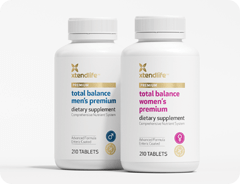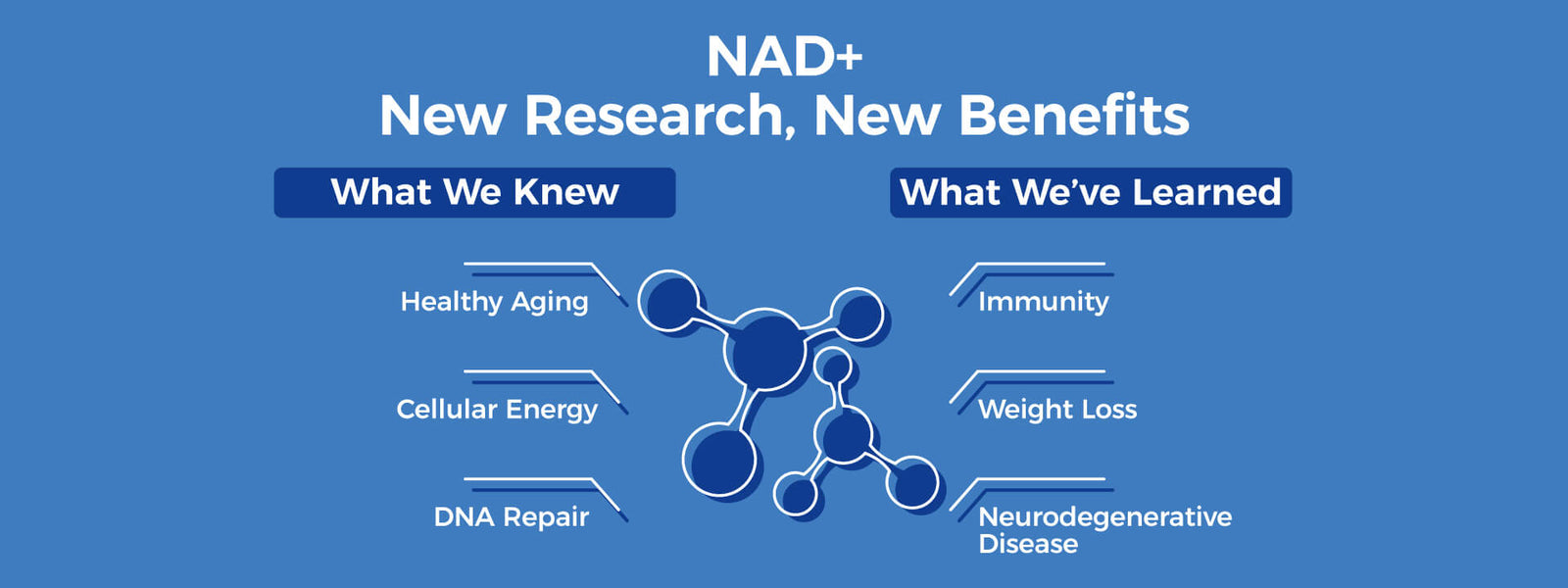This may trigger a compulsion to eat more of the same, especially if your peers are doing likewise. The first step to stop over eating begins by understanding the problem.
Why Do We Eat More Than We Need?
Obesity researcher and neurobiologist Dr. Stephan Guyenet (ref. 1) shows how the ‘obesity epidemic’ closely parallels an increase in daily calorie consumption, especially in the US. Compared to 1960, today Americans eat an average of 363 calories more per day.
Guyenet explains that this is because: “the brain's hardware may not be up to the task of constructively navigating the modern food environment.” He shows how this ‘food environment’ is heavily biased toward the promotion and consumption of chemical, additive laden processed foods. These neurotoxins unbalance dopamine and serotonin levels in the brain, often leading to craving, addictive behaviours, and the belief that such ‘mood foods’ give us a sense of comfort and self nurturing.
Further research confirms that what you eat may make a big difference to how much you eat. For example, one study (ref. 2) found that obese subjects ate 81% more total calories after eating two meals of instant oatmeal, than they did after eating two meals with the same calories from a vegetable omelette and fruit.
Such research shows that calories from bread, refined sugars, and processed foods promote overeating, whereas calories from vegetables, protein, and fiber decrease hunger.
Calories are NOT Created Equal
This perfectly illustrates the myth that ‘all calories are created equal’. The fact is 1,500 calories of fries, candy and soda are not the same as 1,500 calories of organic lean chicken and vegetables.
Indeed, research by Dr. Robert Lustig (ref. 3) shows that calories from excessive fructose consumption are of particular concern. His research on the relationship between diabetes and sugar, especially fructose in the form of HFCS (High Fructose Corn Syrup) shows that total calorie consumption was only slightly related to diabetes prevalence - for every extra 150 calories per day, diabetes prevalence rose by only 0.1 %. But if those daily 150 calories came from a can of HFCS laden soda, diabetes prevalence rose 11times as much, by 1.1 %. Given that Americans on average consume the added sugar equivalent of 2.5 cans of soda daily (ref. 4), diabetes prevalence could rise by 2.75 %.
According to Lustig, fructose is "isocaloric but not isometabolic." That means identical calorie counts from fructose or glucose, fructose and protein, or fructose and fat, will cause entirely different metabolic effects. This is because different nutrients provoke different hormonal responses, and those hormonal responses may determine how much fat your body may accumulate and hold on to. Lustig points out for example:
- After eating fructose, 100% of the metabolic burden rests on your liver. But with glucose, your liver has to break down only 20 %.
- The metabolism of fructose by your liver creates a long list of waste products and toxins, including a large amount of uric acid, which which may drive up blood pressure and cause gout.
- Every cell in your body utilizes glucose. Therefore, much of it is "burned up" immediately after you consume it. By contrast, fructose is turned into free fatty acids (FFAs), VLDL (the damaging form of cholesterol), and triglycerides, which get stored as fat.
- The fatty acids created during fructose metabolism accumulate as fat droplets in your liver and skeletal muscle tissues, potentially causing insulin resistance and non-alcoholic fatty liver disease (NAFLD). Insulin resistance may progress to metabolic syndrome and type II diabetes.
- Fructose is the most lipophilic carbohydrate: fructose converts to activated glycerol (g-3-p), which is directly used to turn FFAs into triglycerides. The more g-3-p, the more fat you are likely to store. Glucose does not do this.
- When you eat 120 calories of glucose, less than one calorie is stored as fat. 120 calories of fructose can result in as much as 40 calories being stored as fat.
- Glucose suppresses the hunger hormone ghrelin and stimulates leptin. This in turn tends to suppress the appetite. Conversely, fructose has no effect on ghrelin, but it interferes with your brain's communication with leptin. Over-eating is the often the result.
The bottom line is: fructose consumed in the quantities we use today is leading to over-eating, increased belly fat, insulin resistance, and metabolic syndrome - not to mention the long list of chronic conditions that are likely to result.
This is why the suggestion that you can lose weight by counting calories doesn't work.
Over-Eating and Under Exercising Does Not Necessarily Lead to Obesity
Another unfounded myth is that obesity results from eating too much and exercising too little; i.e. consuming more calories than are expended. It is unfounded because, as indicated in Dr Lustig’s points above, due to insulin and leptin resistance, most people have impaired enzymes to burn fat, no matter how much they exercise. This is also supported by Dr. Richard Johnson (ref. 5) in his book ‘The Fat Switch’.
Johnson argues that the real reason people are eating more and getting fatter is because that they have inadvertently activated the ‘fat switch.’ In other words, we are eating more not because we are given bigger servings of food, but because we demand bigger servings. And we are exercising less not because we are watching more TV, but we are watching more TV because we have less energy due to nutrient deficient food.
What then flips the fat switch? In Johnson’s words: "Foods rich in fructose, especially HFCS, can activate the fat switch -- resulting in loss of appetite control and a reduction in energy."
I also suggest that there is a social / environmental trigger to over-eating. If we associate with people who often indulge, we too may feel that it’s OK, even expected, to do so. We then feel a sense of ‘belonging’. This is particularly the case with children raised in families whose members have unhealthy eating behaviours.
References:
- Dr. Stephan Guyenet’s explanation can be seen at http://wholehealthsource.blogspot.com/2014/02/why-do-we-overeat-neurobiological.html
- Study showing how what we eat influences how much we eat http://pediatrics.aappublications.org/content/103/3/e26.full.html
- Dr. Robert Lustig explains his view on Calories being equal at http://www.huffingtonpost.com/robert-lustig-md/sugar-toxic_b_2759564.html
- Study showing the amount of daily sugar consumption and the side effects http://circ.ahajournals.org/content/120/11/1011
- For more on The Fat Switch, see http://www.huffingtonpost.com/johnmanuel-andriote/the-fat-switch_b_3164800.html


 Supplements
Supplements Bundles
Bundles










